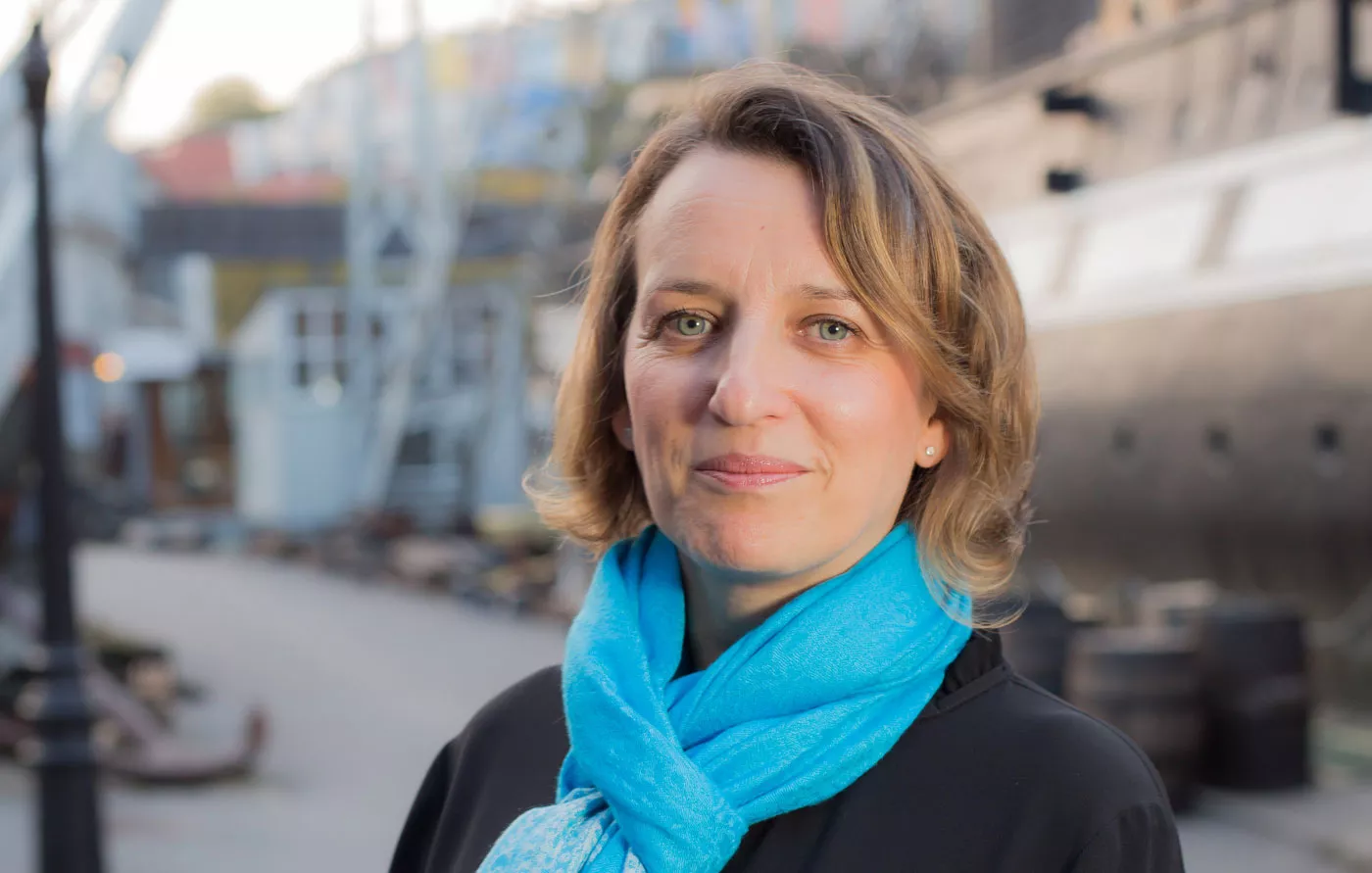Now is the time for philanthropists to come together to tackle the emergency of our time
Every day, we’re faced with news that humanity faces an existential threat like no other, that the climate crisis and global biodiversity crash are combining to risk the ruination of all life on earth.
And yet, while public and scientific opinion is overwhelmingly in support of action, a group of leading scientists felt compelled this week to write a letter urging philanthropists to give more cash to projects and groups working hard to tackle the climate crisis.
It is an inescapable fact that today the biggest challenge facing all of us across the globe is a changing climate, but there remains a gap between this threat and the destination of the majority of philanthropic funds, with the environment not even in the top five causes people give to.
Even before the fire at Notre Dame was under control, money poured in to the restoration project. The question remains why this disaster prompted such a generous and rapid response, when the environmental catastrophe that is unfolding before us fails to grab the attention – and chequebooks – of many of the great and the good.
Slow but urgent
Perhaps it is the fact that the climate crisis is a gradual process, no matter how rapidly in historic terms the change is happening. The fire at Notre Dame was a visceral and terrible thing, watched by millions across the world in real time. Climate catastrophe is a slow process. Warnings of planetary warming of tenths of a degree, or sea level rises of a few centimetres over 50 years are hard to grasp and make a sense of urgency difficult to convey.
The question for environmental charities, is how to harness the narrative of climate collapse and turn it into a tangible thing for funders to grasp. Solutions are likely to be complex and long-term and often unseen – you might not be seen to make a difference, and the impact your money has may only become apparent long after you’re gone.
Need to break down crisis into smaller portions?
The solution may lie in breaking down an overwhelming crisis into smaller portions that can more easily be tackled. Environmental groups like Soil Association are well-placed to bridge this gap because all of our work involves multi-faceted approaches. We’re turning the intangible into the tangible, joining the dots between the climate crisis and actions – large and small – that can make a difference. As Craig Bennett, chief executive at Friends of the Earth, said in Third Sector’s May edition: “we need to show [the public] the way out” of the climate crisis. Smaller solutions to the bigger issue can do just that.
Through programmes like Innovative Farmers, Food For Life and our work in forests across the globe, we’re in a unique position to test ideas and support practical projects that are having a positive influence on soil health, wildlife, farming practices and emissions – all things that together tackle climate change, and which taken individually are proof that even when a problem might seem too big, smaller steps can make a huge difference.
Advertisement
More than vocal support
Philanthropy means the love of humanity. A more modern definition is ‘initiatives, for public good, focusing on the quality of life’. There is no greater expression of a love for humanity than full-throated support for tackling climate change.
There are, of course, individuals and trusts who give regularly and generously, and we are grateful to them. That said, that this group of scientists felt obliged to write to major donors asking for more support for environmental causes is a sign that more could and should be being done.
Organisations like ours need more than vocal support – we need more philanthropists to open their minds and their ears, hear our stories and be part of the solution by funding pioneering work that we know will make a huge difference. Climate predictions suggest we may have as little as ten years to halt this catastrophe. The planet needs support. Not in the future when it’s too late, but now.

Louisa Pharoah
Louisa Pharoah is Director of Development at Soil Association. She started her career in fundraising for IFAW, and then moved to Great Ormond Street Hospital Children’s Charity as part of the Major Gifts team. After raising funds a major hospital redevelopment there Louisa worked for a children’s hospice in Windsor, and when family took her to Bristol she joined the Bristol based museum SS Great Britain.
Since 2017, as Director of Development at the Soil Association, a membership charity campaigning for planet-friendly food and farming, Louisa uses best practice to diversify and grow income as she strategically leads the brilliant fundraising team, so all supporters have the very best giving experience.




